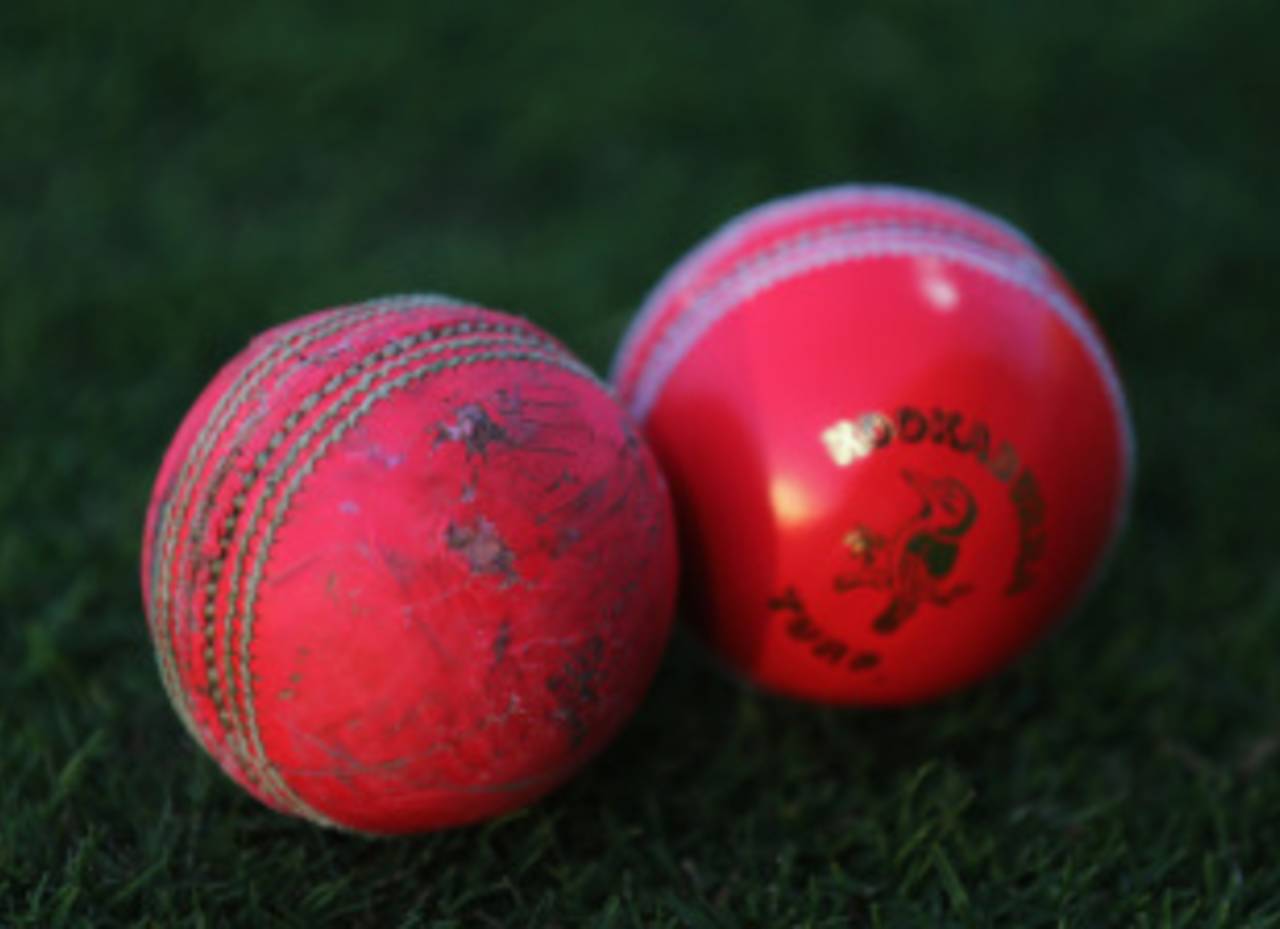As winter bears down on Australia and football news abounds, it was surprising to hear cricket - especially the Test version - flooding the news with reports of the national team regaining the No. 1 ranking. It was even more surprising to hear the captain,
Michael Clarke, say: "I don't think I've had a more satisfying day or feeling in my career."
It's not that I don't think Clarke should be pleased with the achievement. But I would have thought the events of December 17 and March 5 would have brought more satisfaction. Those were the dates when Australia regained the Ashes in Perth and clinched the series against South Africa in Cape Town.
Surely winning on the field by defeating an opponent in a hard-fought battle means more than a computer clicking over to confirm a ranking?
That thought led me to mull over matters like the World Test Championship and other considerations for the longer game.
With the battle for No. 1 in Test cricket now more evenly contested than when first West Indies and then Australia completely dominated the game, it's the ideal time to introduce a world Test championship. The fact that such a tournament has languished as a result of minimal television interest is further condemnation of an administration that lacks both credibility and foresight.
No greater expert on the matter than media magnate Kerry Packer, who in the late 1970s disrupted cricket to eventually gain the rights to televise Australian cricket, once implored Rugby League officials: "Never let a media company run your sport."
If the ICC marketing men can't put together an attractive television package for a world Test championship then they are either not trying or their selling credentials are worse than mine.
Instead of bickering over power and how the money will be split, it would be more productive if the ICC initiated a think-tank on Test cricket. In addition to coming up with a feasible format for a world Test championship, ideas on how to revitalise the game - like how best to fast-track day-night Tests and improve the competitiveness of the bottom half of the competition - could be kicked around.
It's interesting to hear players of the calibre of
Clarke and
Kevin Pietersen say they are not sold on day-night Tests. During Packer's World Series Cricket, played more than 35 years ago, the Super Tests were played at night. I enjoyed playing those games. The time frame allowed you to avoid the heat of the day and was more conducive to large attendances, but the one downside was the ball. Finding the right colour and durability is the key to day-night Tests. That and ensuring you don't play matches at venues where there's likely to be heavy dew.
On the matter of greater competitiveness, the first priority is to ensure West Indies get going again. When playing well they are one of the top draw cards, and Test cricket can't afford to have them languishing.
While I have been critical of both Bangladesh and Zimbabwe's Test status, it's not likely to change under the current regime. So in order to maintain interest in both countries and provide a wider scope for venues in the period between May and September, why not merge them to make a more competitive Test side?
And if the ICC really wants to create a pathway for the Associate nations then select a combined side from the stronger affiliates, like Ireland, Netherlands and Afghanistan. In addition to providing incentive and widening the player production pool, this will also add venue options for Test cricket at a time of year when the choice is limited.
When Clarke was expressing reservations about day-night Tests he cited the competitive nature of some recent matches. That's indisputable, but those exciting contests are far too infrequent and mainly played among the same few teams.
Test cricket has to be nurtured and fostered, not just left to tread water while the officials concentrate on short-term choices designed to fill the coffers.
Former Australia captain Ian Chappell is now a cricket commentator for Channel 9, and a columnist
